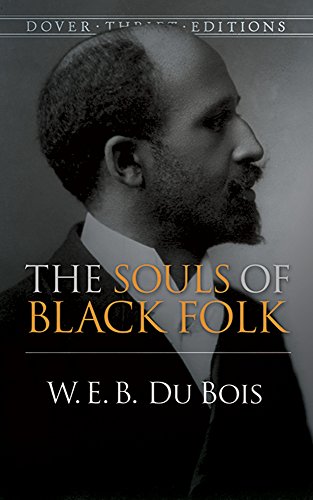Black History Month is something every elementary school kid becomes familiar with -- along with figures like George Washington Carver (peanuts!). Most adults spend little/no time thinking about African American history, either in the month of February or any other time of year, but we should all view it as a good time to inject our reading with some much-needed diversity. Thus, my picks for great reads to celebrate Black History Month:
The Souls of Black Folk by W.E.B. Du Bois -- Not an easy book, but an important one, and if I can read it, so can you. This is out of copyright too, which means it's very easy to get an audio or e-book version of it.
The Autobiography of Malcolm X -- I read this in junior high, which strikes me as very amusing now. What were my parents thinking? I remember really loving the first half, which chronicles his life as a pimp and a thief in great detail. As an adult, I found much more to appreciate in the political content, so I guess there's something for everyone in this book.
Martin Luther King, Jr.: A Life by Marshall Frady -- Penguin Lives Biographies are terrific, and I have many, many on my shelves, including this one. After you've seen 'Selma,' read this succinct biography and appreciate the fact that MLK Jr. is a much more interesting human that you were ever taught in school.
Go Tell it on the Mountain by James Baldwin -- Every human should read James Baldwin. This is his most essential novel, but it's all good, and he also wrote some terrific essays throughout the Civil Rights movement.
Anything by Toni Morrison -- She is the essential African American authoress and she's a prolific writer, with a new novel coming out this spring. Start with The Bluest Eye, then try Beloved. Song of Solomon is Barack Obama's favorite novel.


